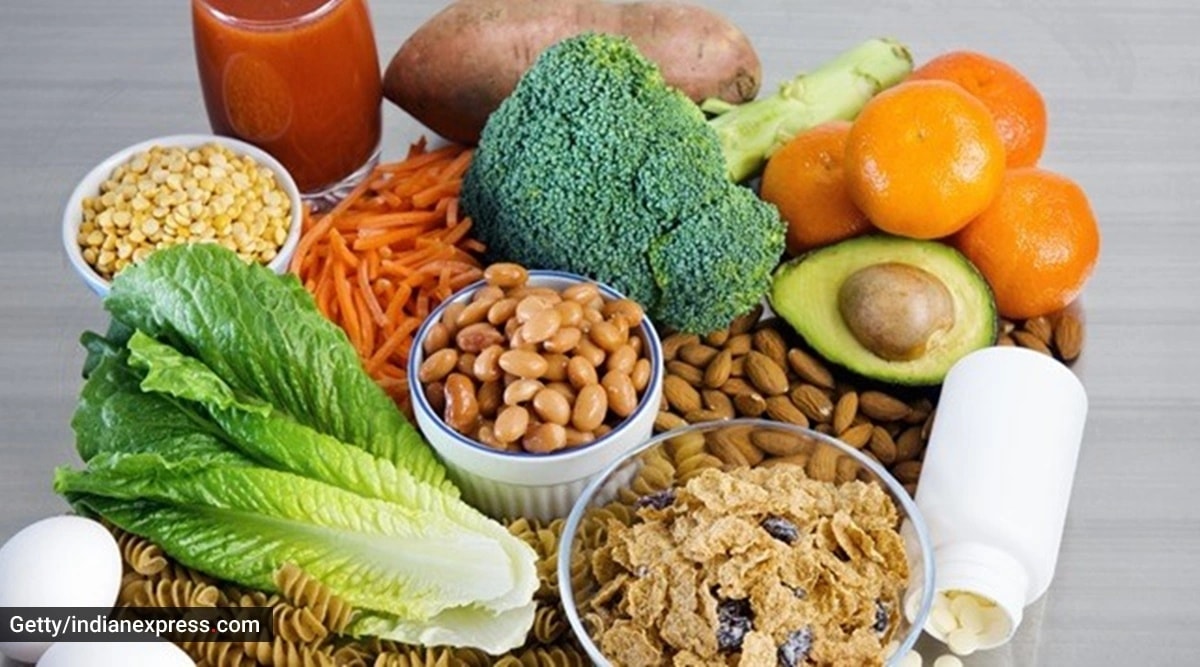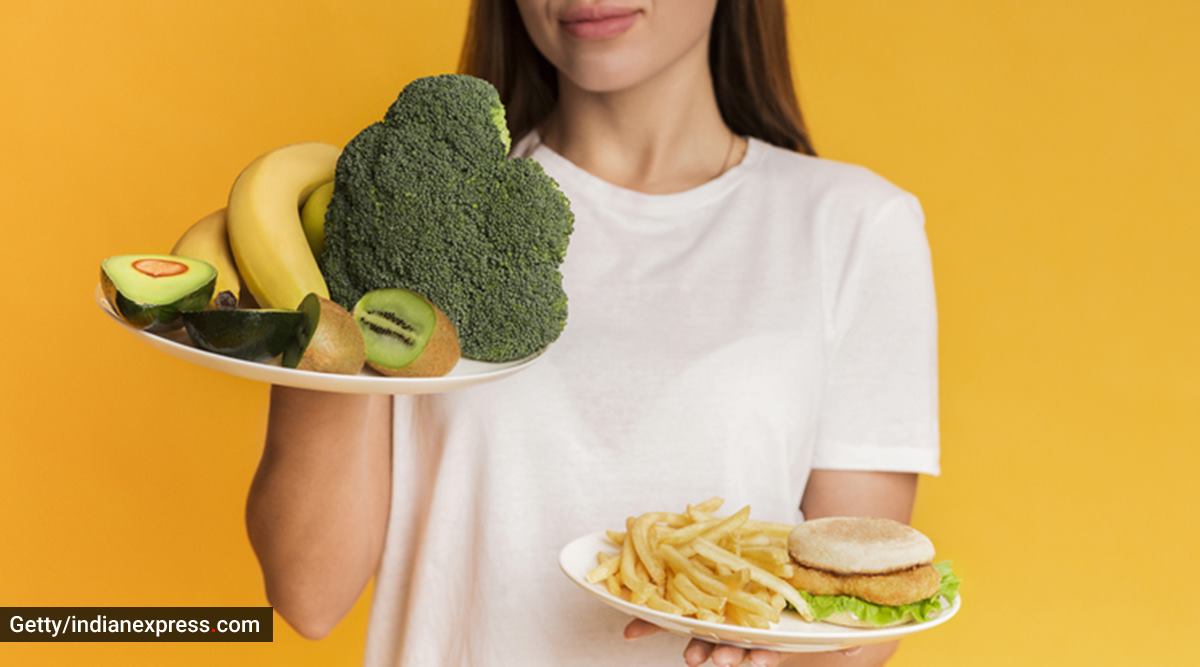 Fruits and vegetables are an example of organic (Source: Getty Images/Thinkstock)
Fruits and vegetables are an example of organic (Source: Getty Images/Thinkstock)Over the past few decades, the and natural food market has grown significantly with distinct production, processing, distribution, and retail systems. You can find a hint of ‘organic’ in everything today — from food to skincare. But, before you buy anything, it is imperative to know what and natural mean. Also, if ‘natural food’ has the same safety and health benefits as organic food.
Busting the commonly-believed myth, Luke Coutinho, co-founder, youcarelifestyle.com, said: “Natural doesn’t always mean organic.”
Organic products
The USDA National Organic Program (NOP) and FSSAI define organic products as those “produced by farmers who conserve soil, water, and renewable resources in order to improve the quality of the environment to enhance future generations”.
Subscriber Only Stories
According to the lifestyle coach, “organic products are born of holistic agricultural practices focusing on biodiversity, soil health, chemical-free inputs etc., with an environmentally and socially responsible approach that has been produced in accordance with organic production standards.”
Tip: Organic food does not necessarily equal healthy food. “Note that organic butter has the same fat and calories as regular butter. Even though organic food has cleaner ingredients, they do not assist with weight loss. Mindful eating should always be a priority,” he stressed.
 Know your food (Photo: Getty/Thinkstock)
Know your food (Photo: Getty/Thinkstock) Natural products
Products labelled as “natural” are mainly minimally processed, and are free of synthetic or artificial ingredients or additives. These items are not altered chemically and contain fewer preservatives and chemicals. “However, they are not regulated like organic products,” he said.
“To be considered all-natural, a product must contain ingredients found in nature. These include fruits, vegetables, meats, and dairy products. You can also see herbs and spices in some all-natural products. Consequently, the flavouring or colouring is made from natural ingredients. But the one disadvantage is that natural foods are not yet regulated in our country, so many manufacturers are misusing them,” he added.
According to Coutinho, “mislabelling and fraud also occur when Food Business Owners label a product as organic when it contains non-organic ingredients or when the organic standards aren’t followed”. “When organic food is certified, it means they meet the set standards,” he said.
The basic difference
Coutinho highlighted that the words “natural”, and “” may sound the same but are different. “Organic products are grown without the use of synthetic chemicals, such as conventional pesticides and fertilisers and do not contain genetically modified organisms (GMOs), while natural products don’t promise all of this but may be free of synthetic or artificial ingredients or additives,” he said.
Fruits and vegetables are an example of organic. Certified organic fruits and vegetables are grown on soil free from harmful synthetic chemicals and pesticides. Organic products are always supervised by certified bodies and conform to strict guidelines. Natural products, on the other hand, are not certified. All organic products can be considered natural, but not all-natural products can be regarded as organic, he said, adding that “despite this, natural products are still healthier and safer than conventional products”.
So, what can consumers do?
“Choose a product based on its ingredients, and not from its front label claims. Look at the nutrition facts and ingredients and decide what’s important to you. Studies have also suggested that even a common pesticide or fertiliser can cause potential damage to our nervous system, endocrine system, and immune system, leading to increased risks of cancer,” said Coutinho.
“Often, people are wary of purchasing organic food due to a lack of confidence in its authenticity. Hence, it is always wise to read the nutrition labels before making a purchase,” he added.
📣 For more lifestyle news, follow us on Instagram | Twitter | Facebook and don’t miss out on the latest updates!
- The Indian Express website has been rated GREEN for its credibility and trustworthiness by Newsguard, a global service that rates news sources for their journalistic standards.

